Unveiling the Wonders of Lake Baikal: A Geographical and Ecological Masterpiece
Related Articles: Unveiling the Wonders of Lake Baikal: A Geographical and Ecological Masterpiece
Introduction
In this auspicious occasion, we are delighted to delve into the intriguing topic related to Unveiling the Wonders of Lake Baikal: A Geographical and Ecological Masterpiece. Let’s weave interesting information and offer fresh perspectives to the readers.
Table of Content
Unveiling the Wonders of Lake Baikal: A Geographical and Ecological Masterpiece
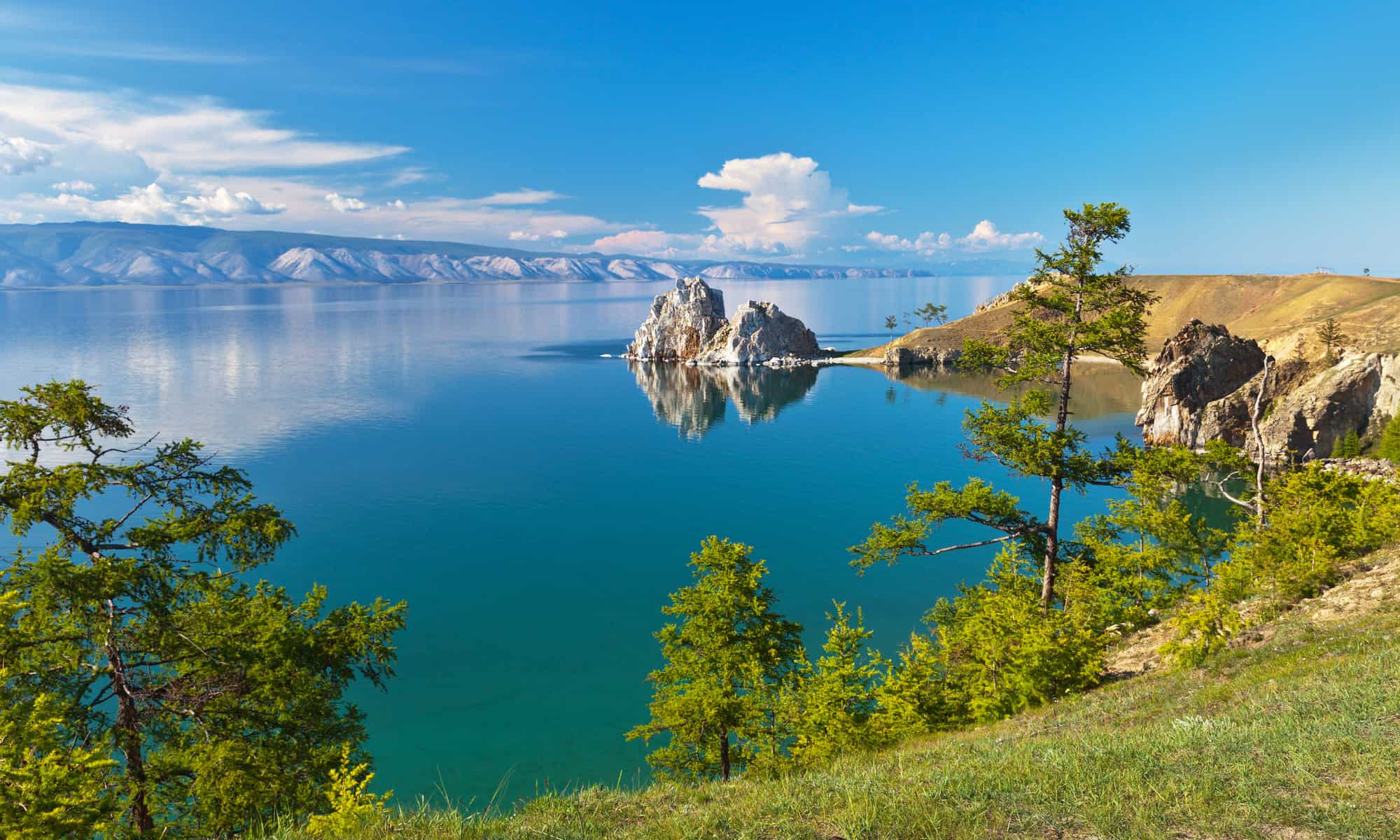
Lake Baikal, nestled in the heart of Siberia, Russia, is not just a lake; it is a geological marvel, a biological sanctuary, and a cultural treasure. This immense freshwater body, often referred to as the "Pearl of Siberia," holds a unique position on the global stage, attracting scientists, adventurers, and tourists alike. Understanding its geographical location and ecological significance is crucial to appreciating its profound impact on the region and the world.
Geographical Context:
Lake Baikal, located in the southern part of Siberia, is situated in the Irkutsk Oblast and the Republic of Buryatia. It stretches for over 636 kilometers (395 miles) along a north-south axis, with a maximum width of 80 kilometers (50 miles). The lake’s vastness is further emphasized by its immense depth, reaching a staggering 1,642 meters (5,387 feet) at its deepest point. This makes Lake Baikal the deepest lake in the world, holding approximately 20% of the world’s fresh surface water.
Geological Origins and Formation:
Lake Baikal’s origin lies in the complex tectonic activity of the Earth’s crust. It is situated within a rift valley, a geological formation where the Earth’s crust is being pulled apart. This process, known as rifting, has been ongoing for millions of years, creating a deep depression that eventually filled with water to form the lake.
The Baikal Rift Zone, where the lake resides, is a dynamic geological feature, with continuous tectonic activity. This activity is evidenced by frequent earthquakes, hot springs, and the presence of numerous islands within the lake. The ongoing rifting process is also responsible for the lake’s continuous expansion, contributing to its immense size and depth.
Ecological Significance:
Lake Baikal’s ecological significance is unmatched, making it a UNESCO World Heritage Site. It is home to an extraordinary biodiversity, with approximately 1,700 known species of plants and animals, many of which are endemic, meaning they are found nowhere else on Earth.
Biodiversity and Endemism:
The lake’s unique ecosystem is characterized by a high level of endemism. The most famous example is the Baikal seal, the only freshwater seal in the world, which adapted to the lake’s cold, clear waters. Other notable endemic species include the Baikal omul, a whitefish species vital to the local fishing industry, and the Baikal sponge, a unique freshwater sponge with a remarkable ability to filter water.
Water Quality and Purity:
Lake Baikal is renowned for its exceptionally clear and pure water. The lake’s deep basin and the surrounding mountains prevent the influx of sediment and pollutants. The water is so pure that it is drinkable directly from the lake. The transparency of the water allows sunlight to penetrate to great depths, supporting a diverse range of aquatic life.
Threats and Conservation:
Despite its unique ecosystem and pristine waters, Lake Baikal faces several threats. Pollution from industrial activities, sewage discharge, and deforestation in the surrounding areas pose significant risks to the lake’s fragile ecosystem. Overfishing and the introduction of invasive species also threaten the delicate balance of the lake’s biodiversity.
Conservation Efforts:
Recognizing the importance of protecting Lake Baikal, numerous conservation efforts have been implemented. These include the establishment of national parks and reserves, regulations on fishing and industrial activities, and public awareness campaigns to promote responsible tourism and environmental stewardship.
Cultural Significance:
Lake Baikal has been a source of inspiration and sustenance for the indigenous peoples of the region for centuries. The Buryat people, who have inhabited the area for centuries, consider the lake sacred and have a deep connection to its natural resources. Their culture and traditions are deeply intertwined with the lake’s ecosystem.
Tourism and Recreation:
Lake Baikal is a popular destination for tourists from around the world, attracted by its breathtaking natural beauty and diverse recreational opportunities. Visitors can enjoy hiking, fishing, kayaking, and birdwatching, while others immerse themselves in the local culture through traditional crafts and festivals.
Economic Importance:
Lake Baikal plays a crucial role in the regional economy. The fishing industry, tourism, and transportation are all significantly dependent on the lake. The lake’s water is also used for hydroelectric power generation, providing electricity to surrounding areas.
Scientific Research:
Lake Baikal’s unique geological and ecological features have made it a focal point for scientific research. Scientists from around the world conduct research on the lake’s biodiversity, water quality, climate change, and tectonic activity. This research provides valuable insights into the functioning of freshwater ecosystems and the impact of global changes.
FAQs about Lake Baikal:
1. Why is Lake Baikal so deep?
Lake Baikal’s depth is a result of its location within a rift valley, where the Earth’s crust is being pulled apart. This ongoing tectonic activity has created a deep depression that eventually filled with water.
2. What makes Lake Baikal’s water so clear?
The lake’s deep basin and the surrounding mountains prevent the influx of sediment and pollutants, contributing to its exceptional clarity.
3. What are the main threats to Lake Baikal’s ecosystem?
Pollution from industrial activities, sewage discharge, deforestation, overfishing, and invasive species pose significant threats to the lake’s fragile ecosystem.
4. What is the significance of the Baikal seal?
The Baikal seal is the only freshwater seal in the world, making it a unique and important species endemic to Lake Baikal.
5. How is Lake Baikal important to the local culture?
The Buryat people, who have inhabited the area for centuries, consider Lake Baikal sacred and have a deep connection to its natural resources. Their culture and traditions are deeply intertwined with the lake’s ecosystem.
Tips for Visiting Lake Baikal:
- Plan your trip during the summer months: The best time to visit Lake Baikal is during the summer months (June to August) when the weather is warm and sunny, and the lake is navigable.
- Explore the surrounding areas: Lake Baikal is not just a lake; it is a region with diverse landscapes and cultural attractions. Take time to explore the surrounding mountains, forests, and villages.
- Respect the local culture: Be mindful of the local traditions and customs, especially when visiting sacred sites or interacting with indigenous communities.
- Practice responsible tourism: Avoid littering, stay on designated trails, and respect the natural environment.
- Learn about the lake’s history and ecology: Take advantage of the many guided tours and educational programs available to gain a deeper understanding of Lake Baikal’s unique ecosystem.
Conclusion:
Lake Baikal, a geological and ecological masterpiece, stands as a testament to the Earth’s natural wonders. Its immense size, depth, and biodiversity make it a unique and valuable resource for the region and the world. Understanding its geographical context, ecological significance, and cultural importance is crucial to appreciating its profound impact on the planet. By recognizing the threats it faces and promoting responsible tourism and conservation efforts, we can ensure the preservation of this remarkable natural treasure for generations to come.
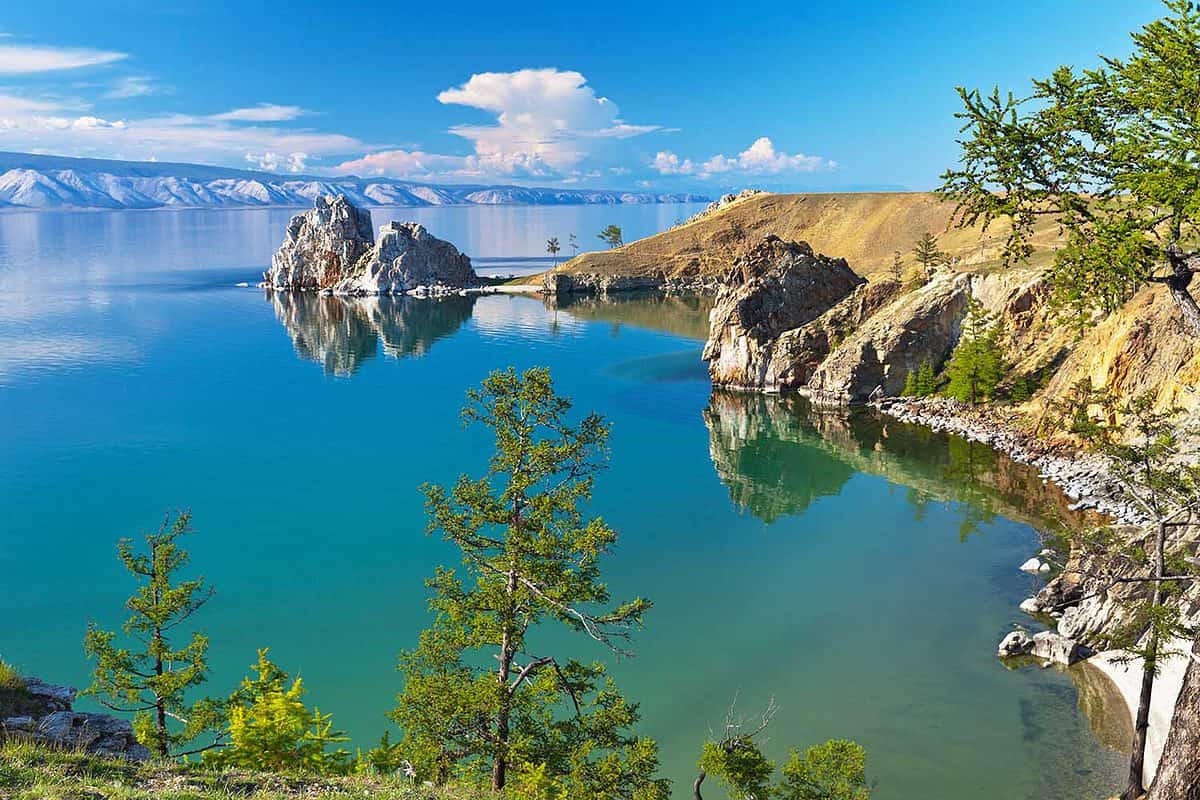
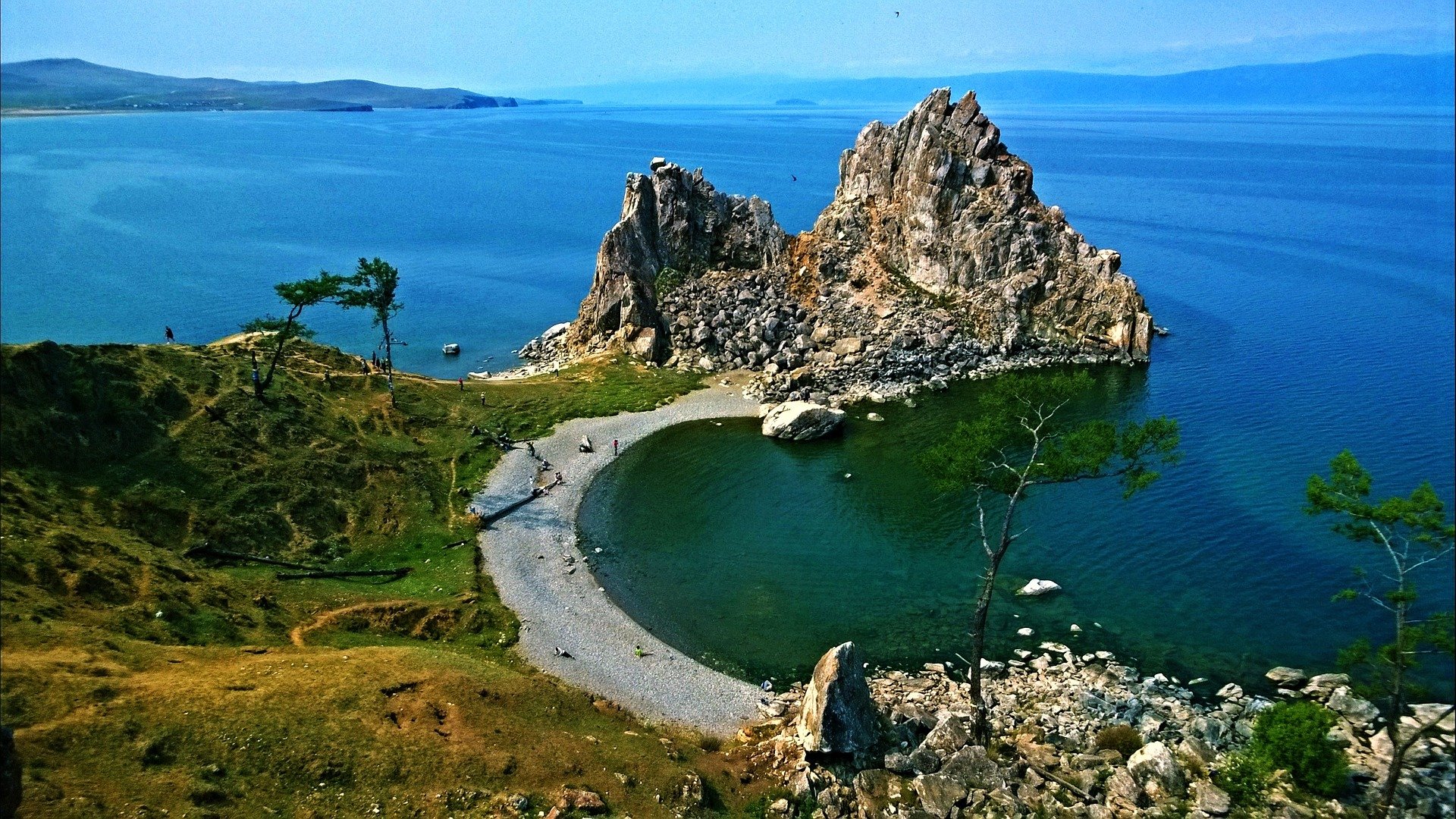
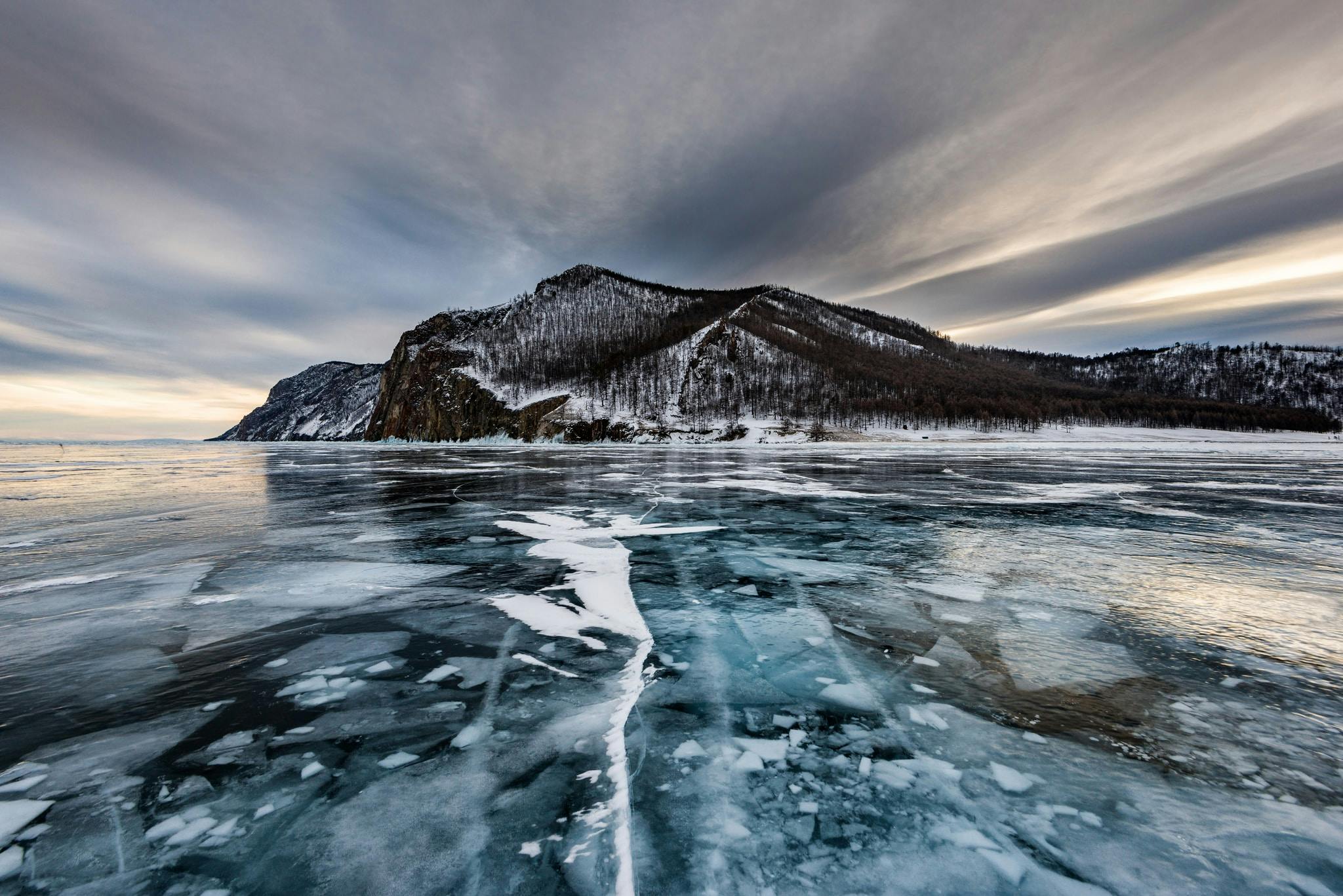
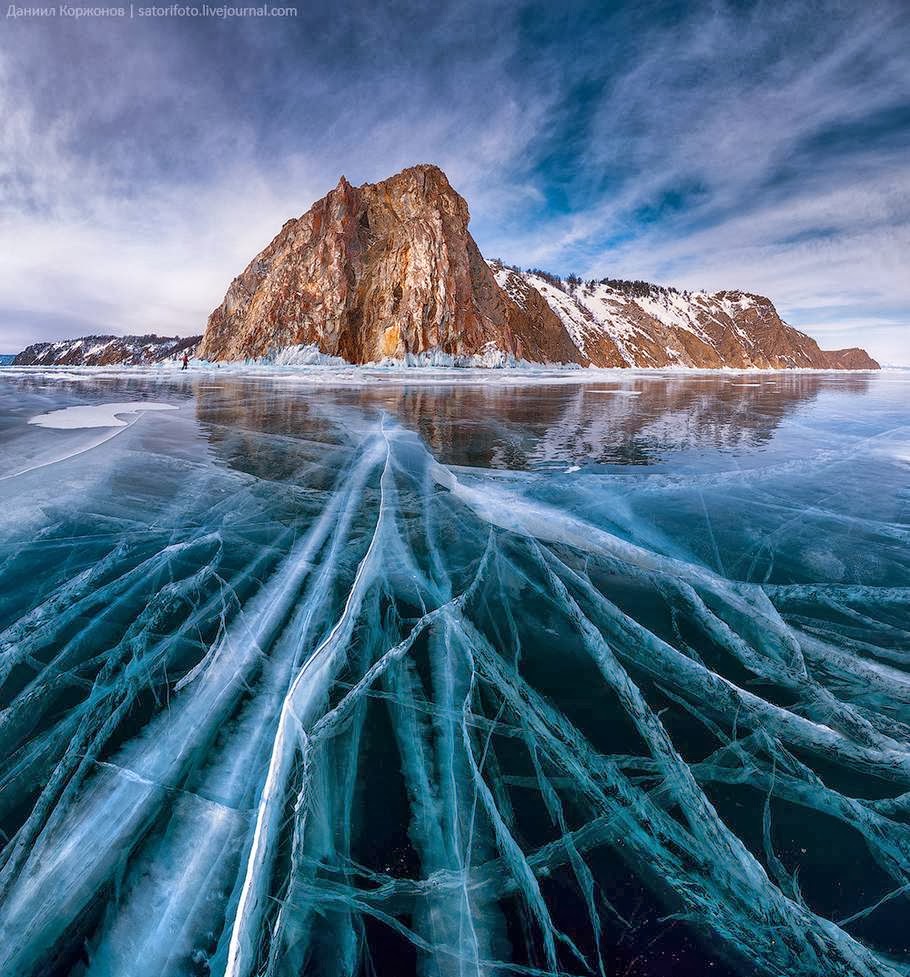.jpg)

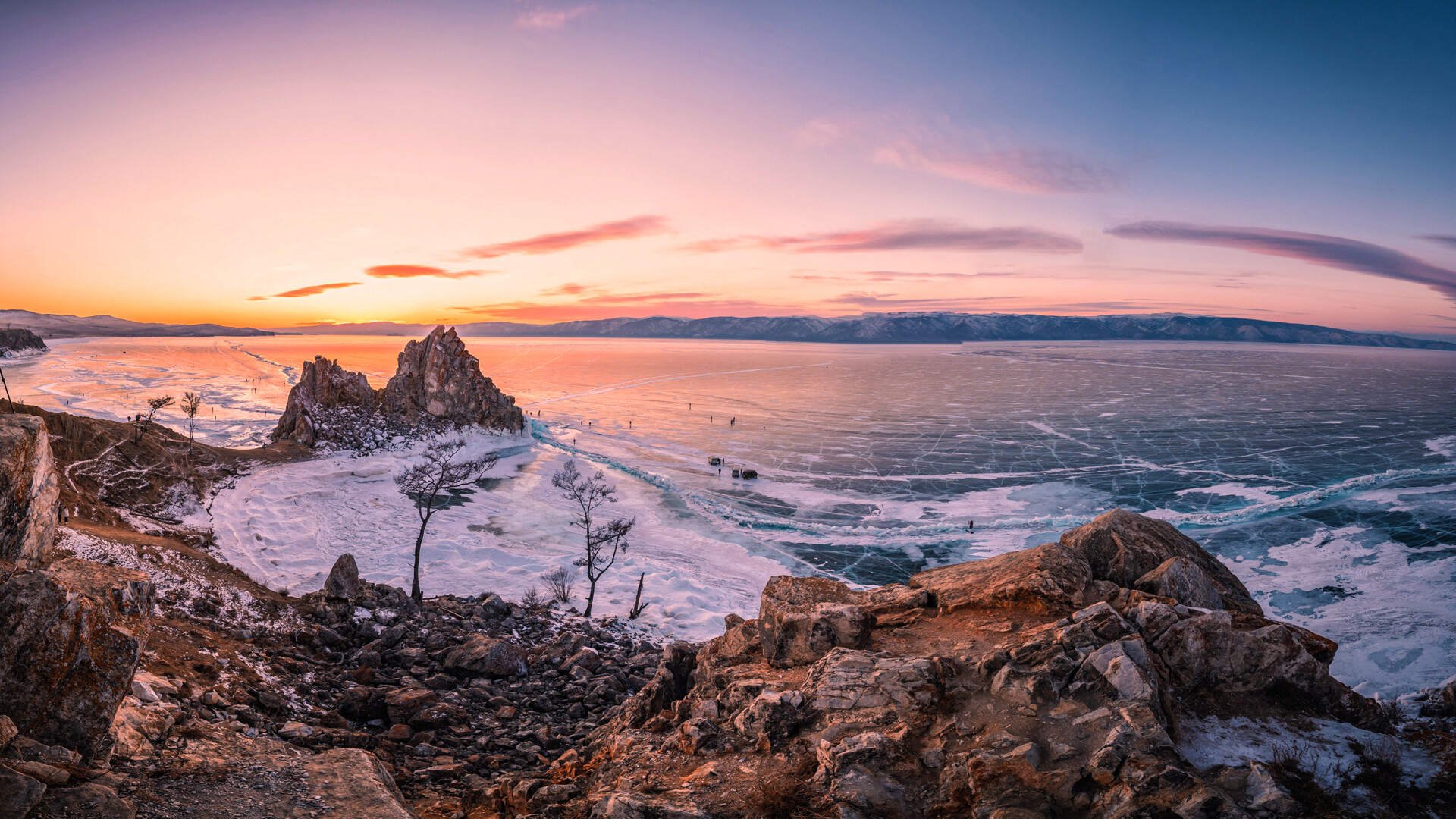
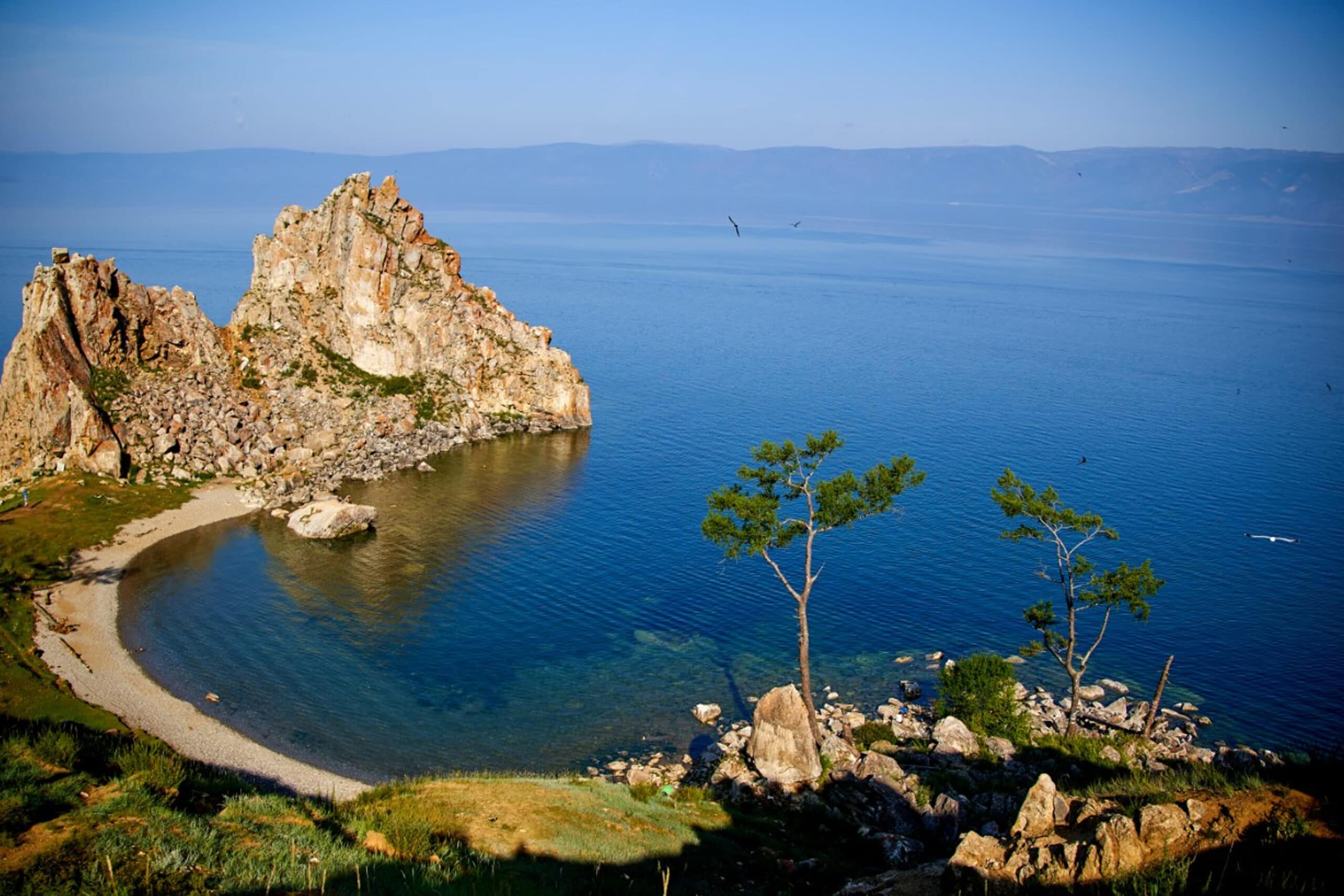

Closure
Thus, we hope this article has provided valuable insights into Unveiling the Wonders of Lake Baikal: A Geographical and Ecological Masterpiece. We appreciate your attention to our article. See you in our next article!